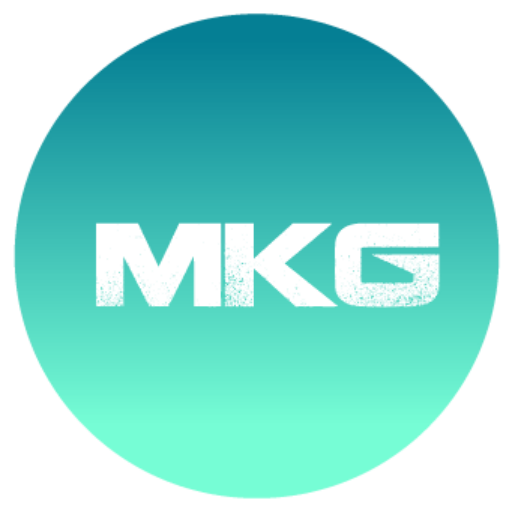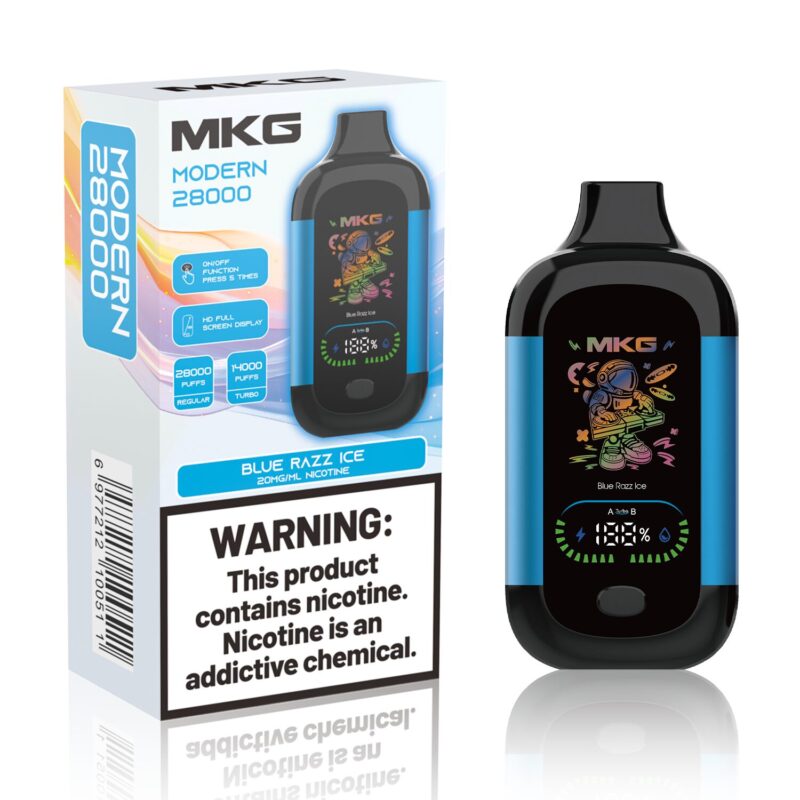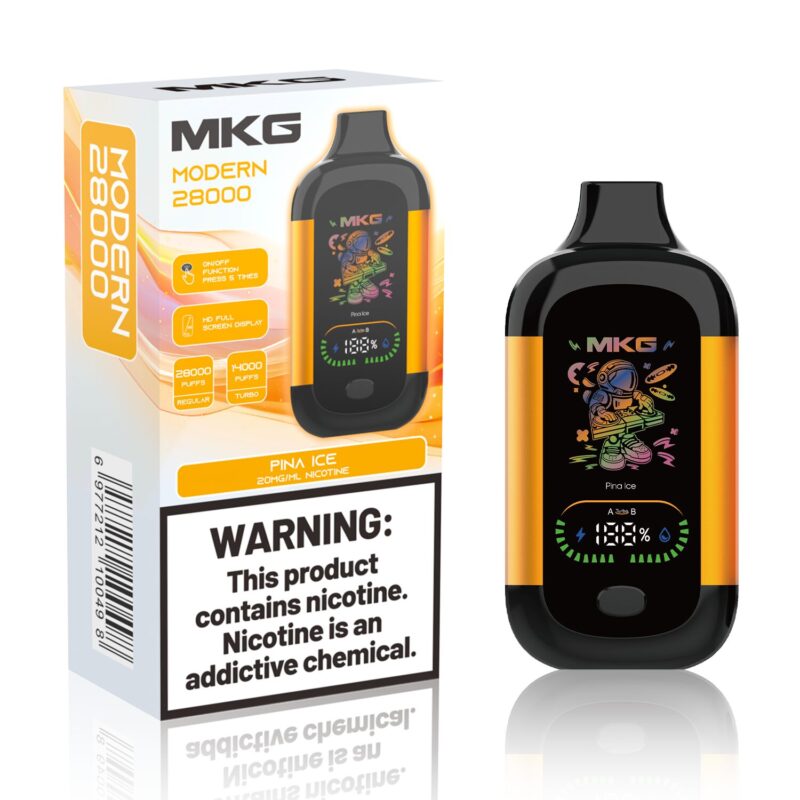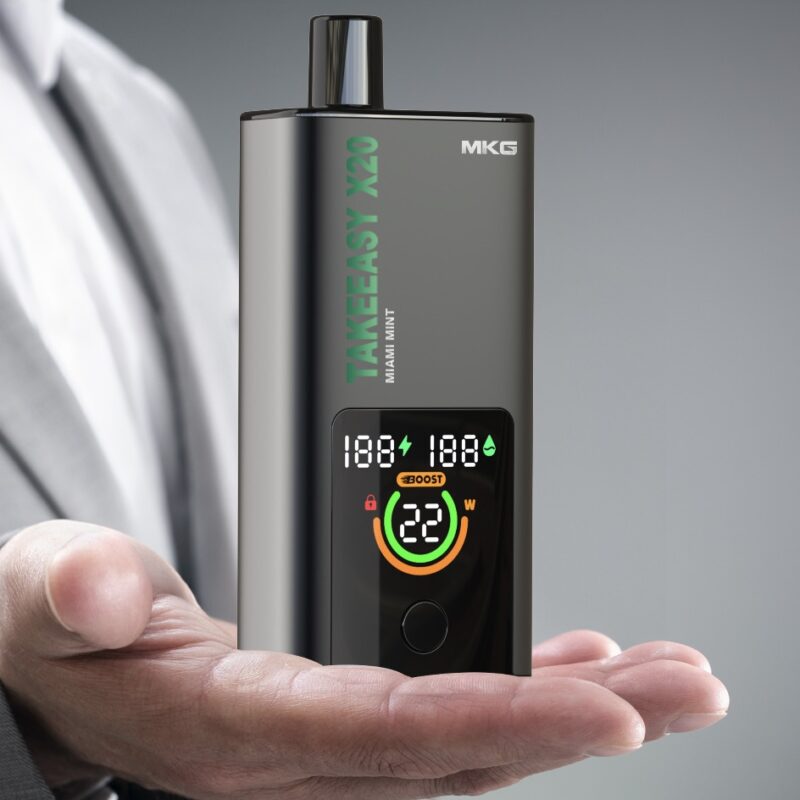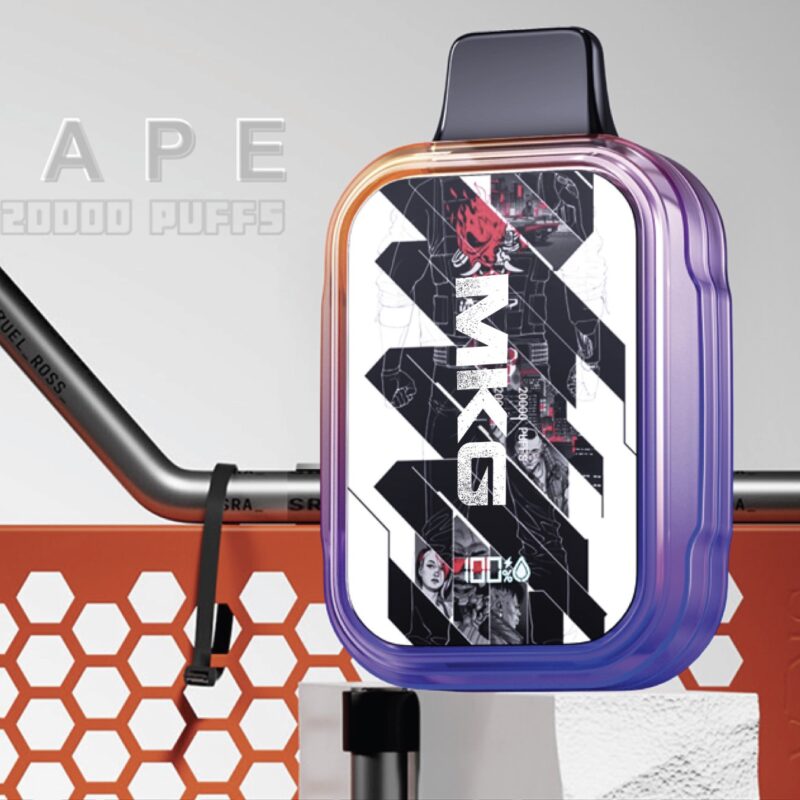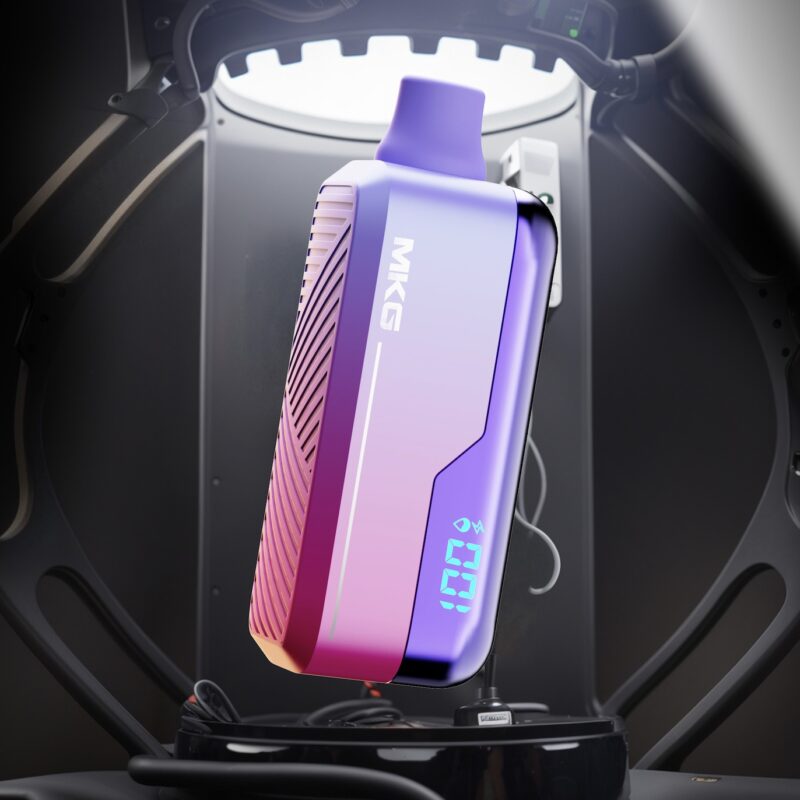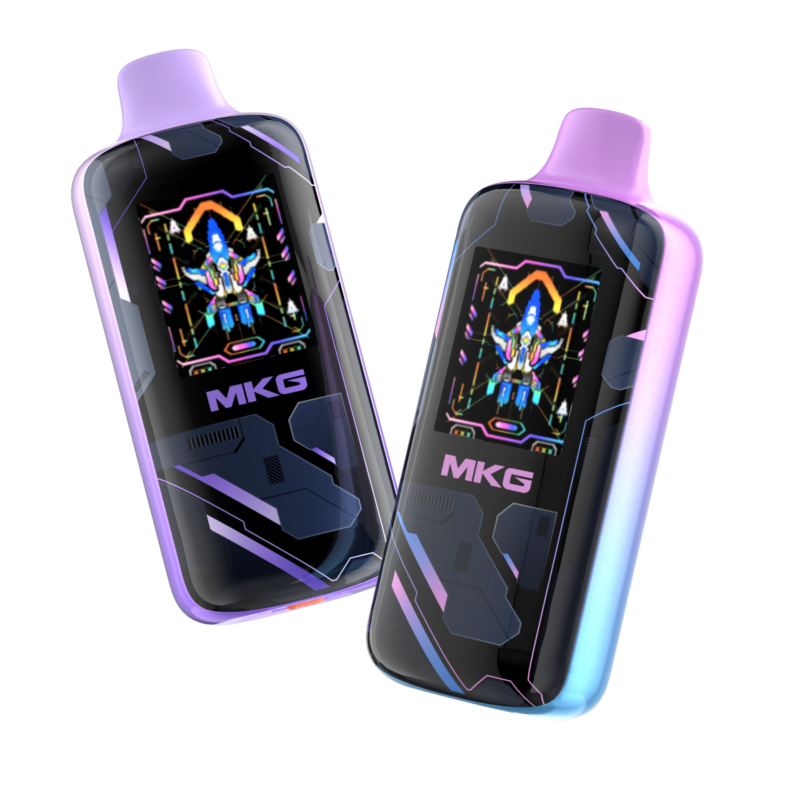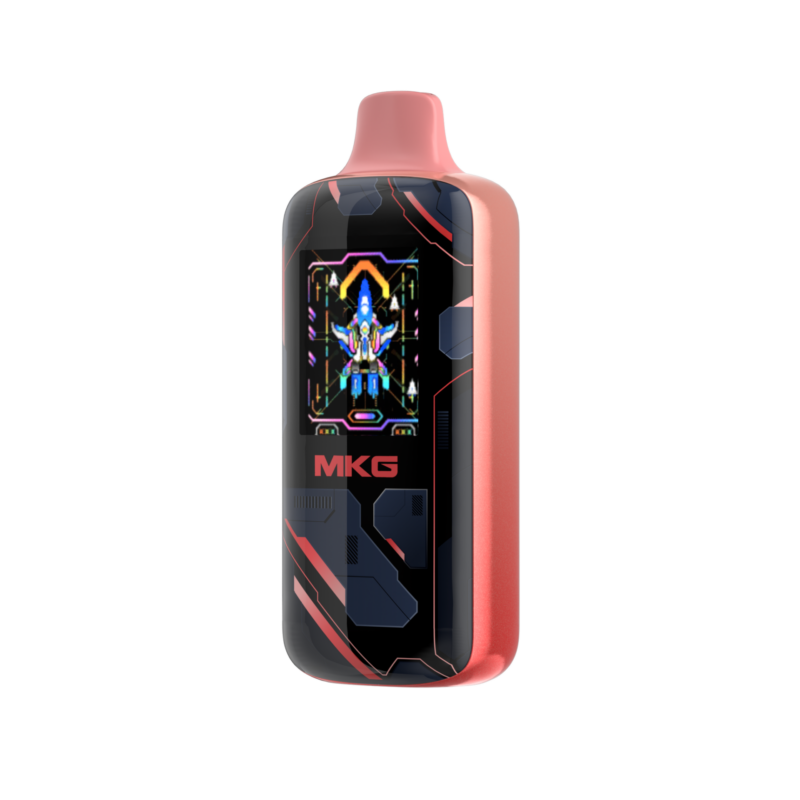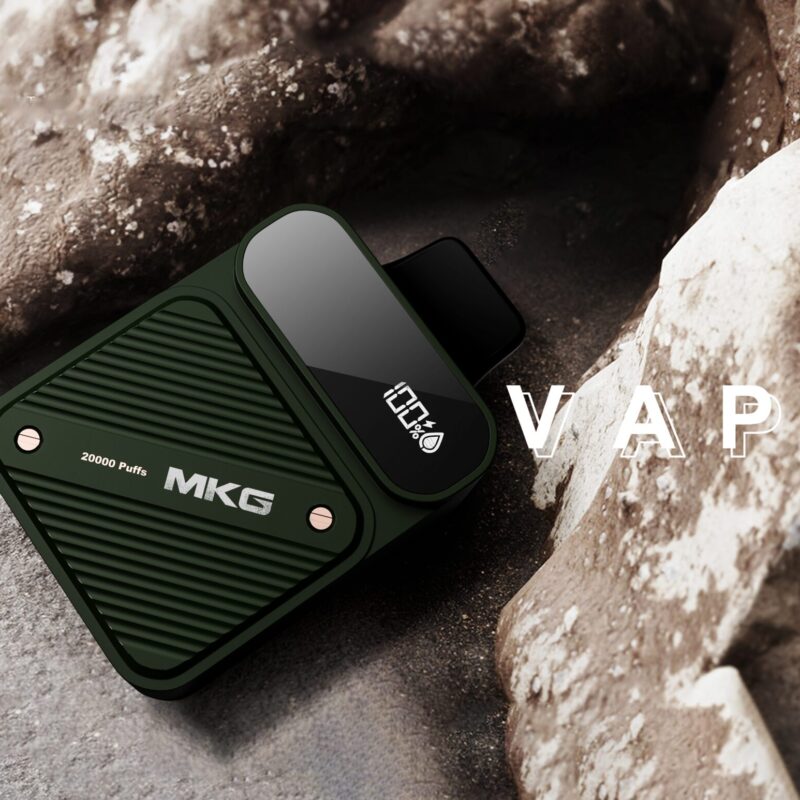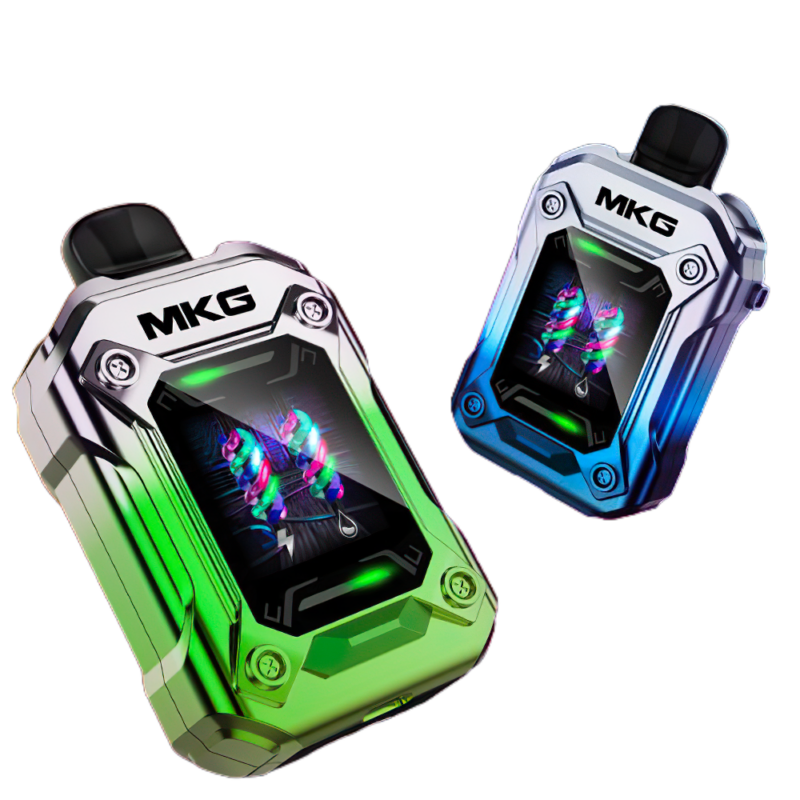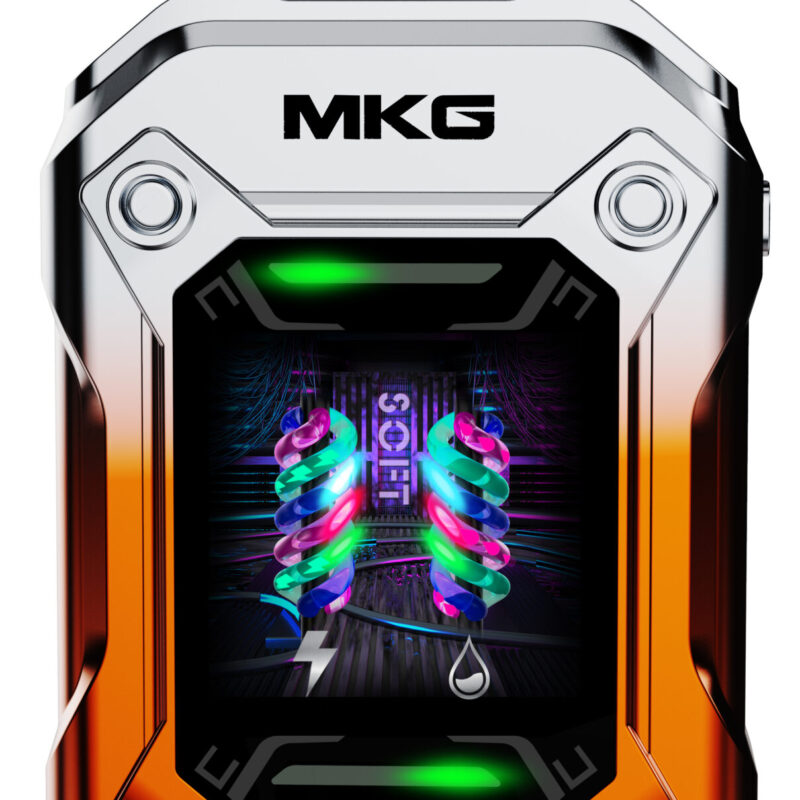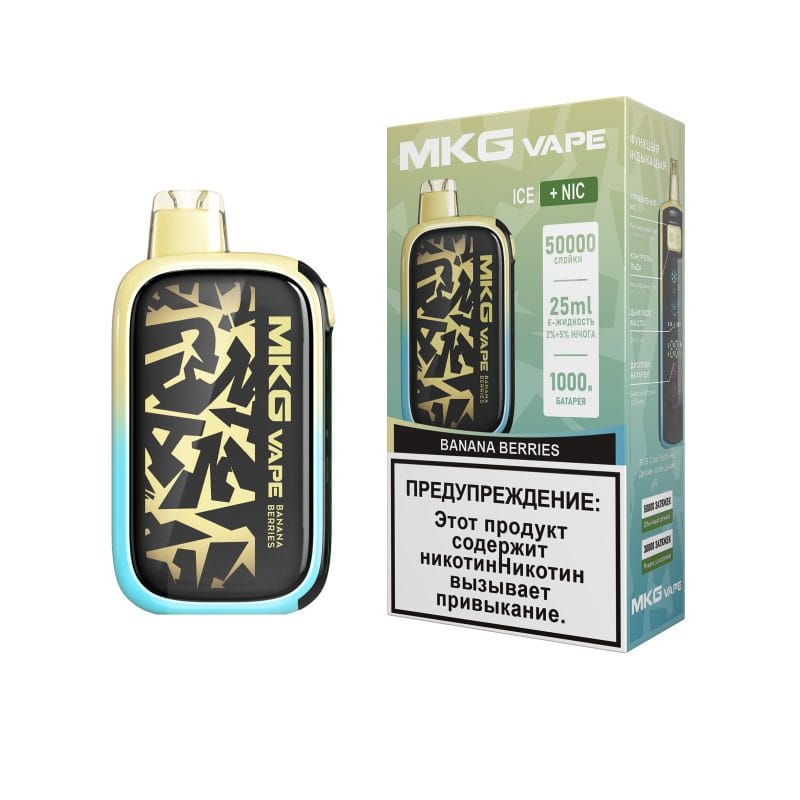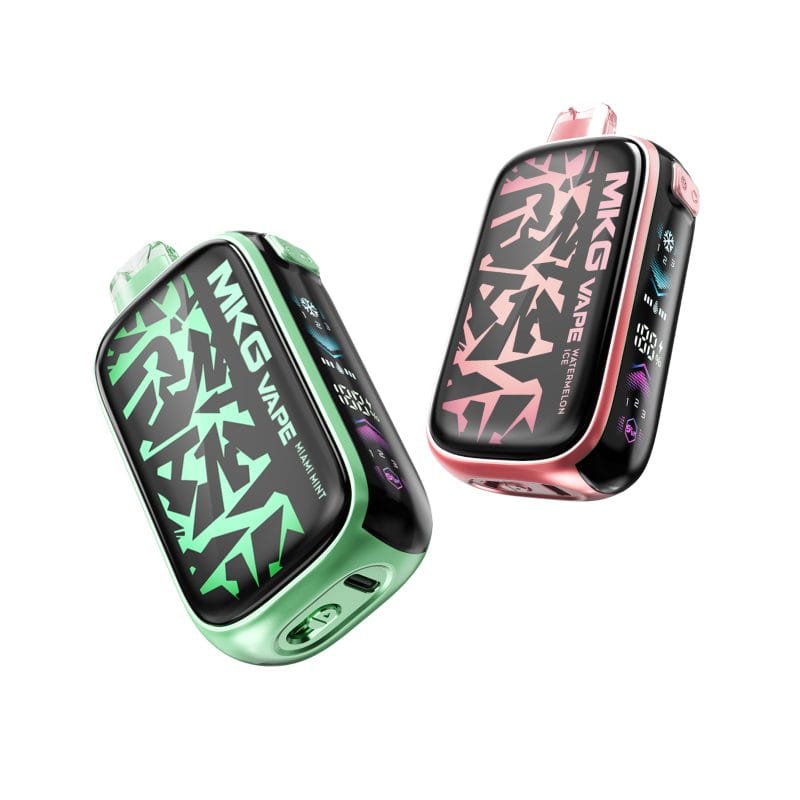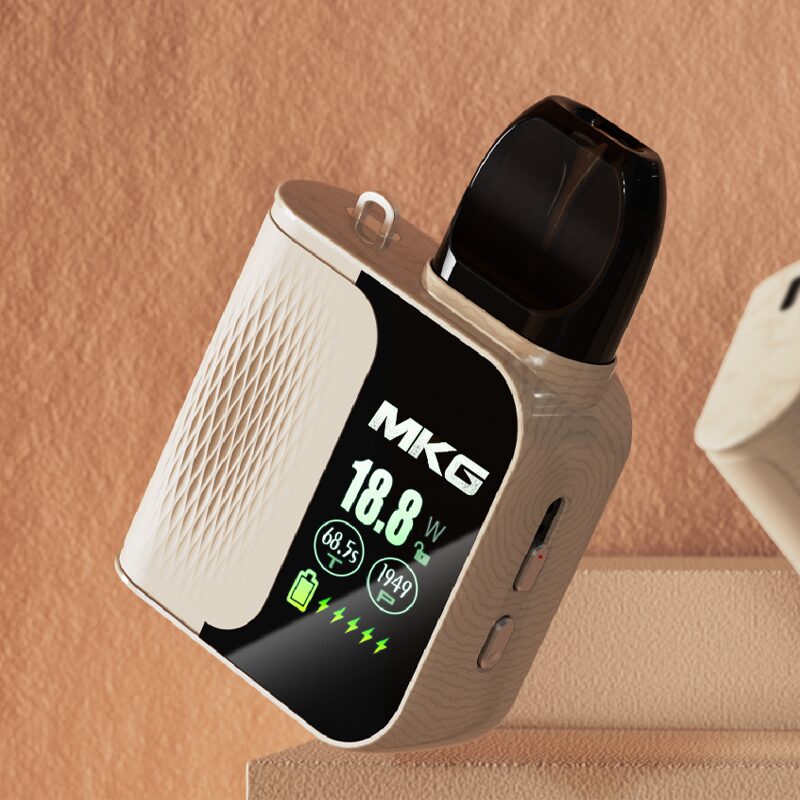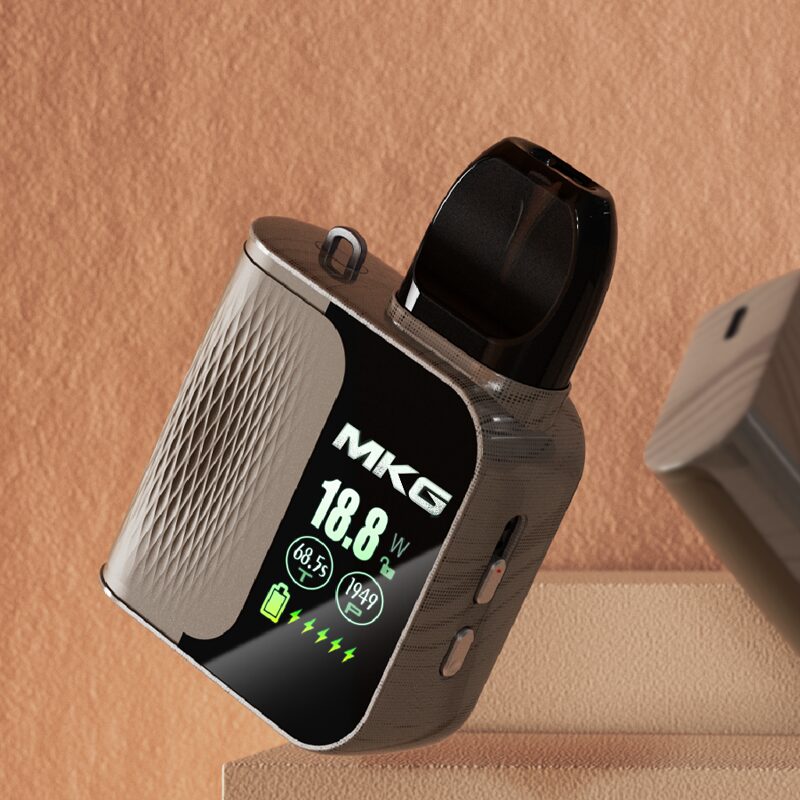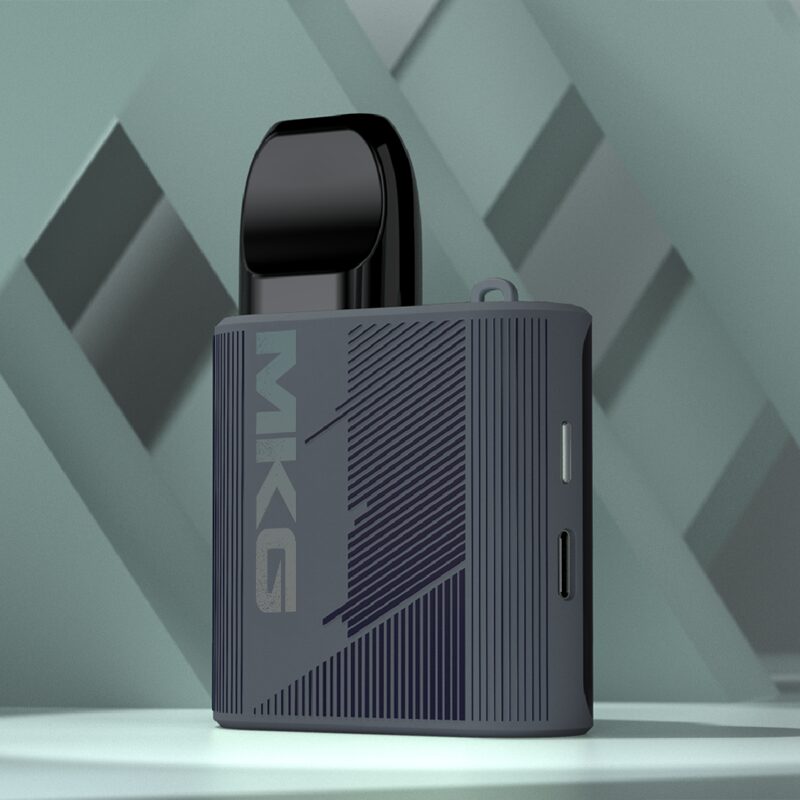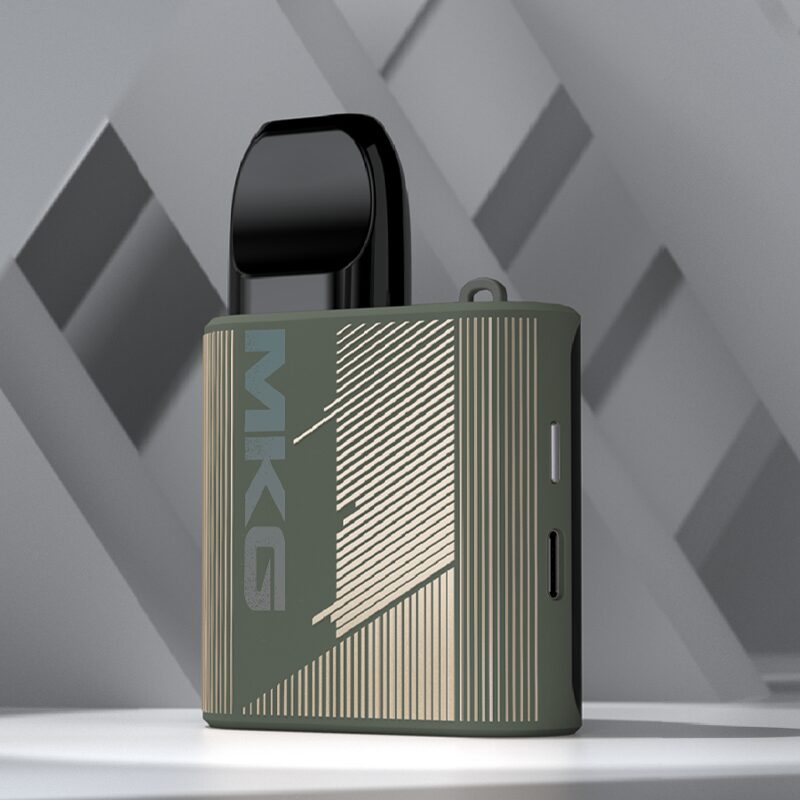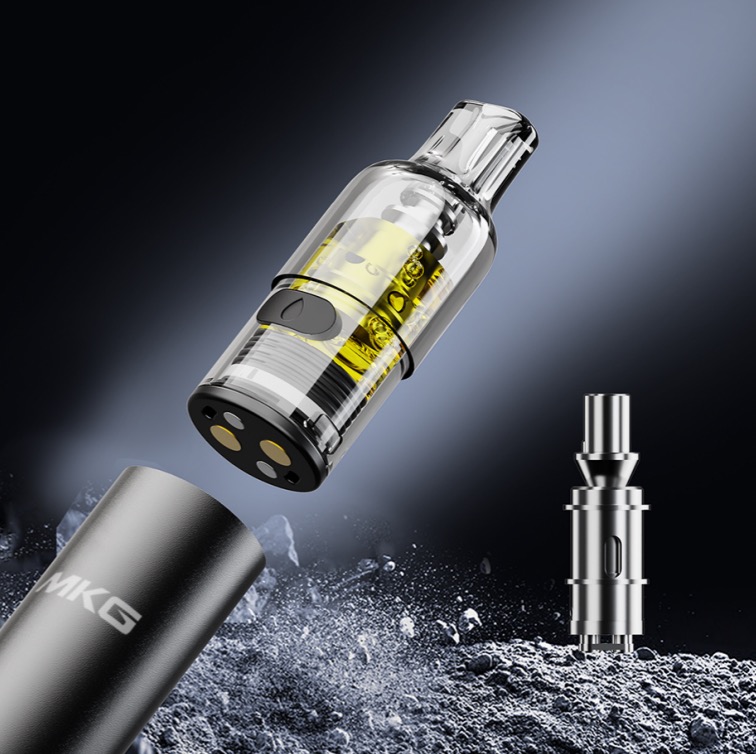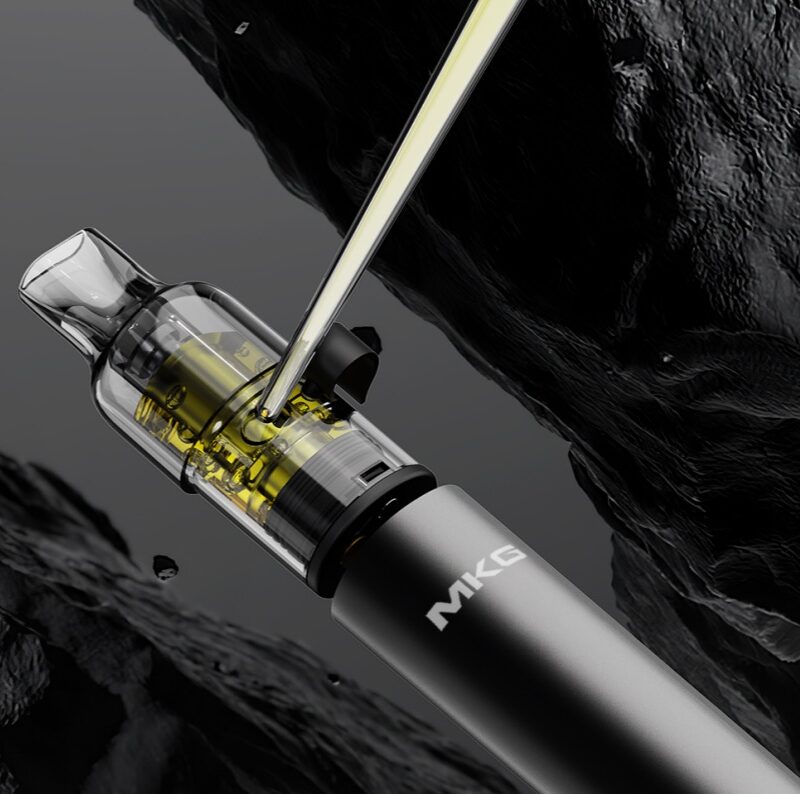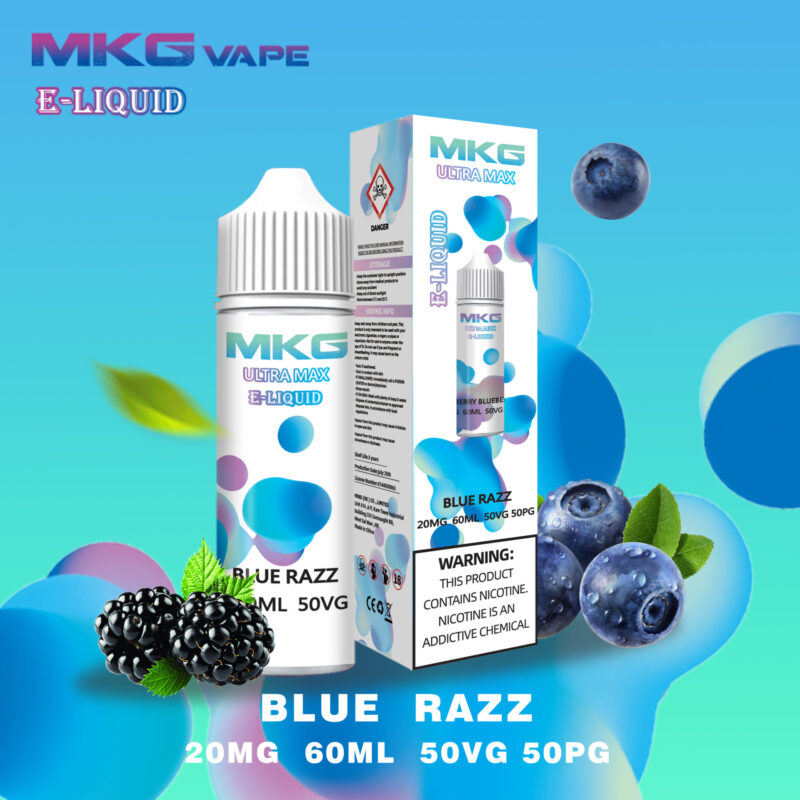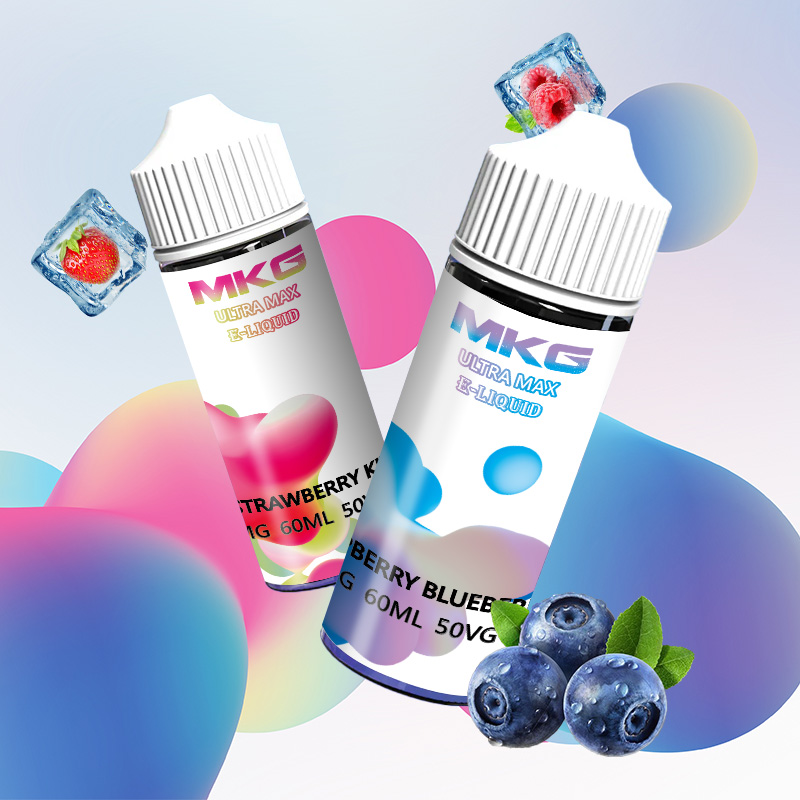1. Does US e-cigarette policy require empty devices?

No, US policy does not require e-cigarette devices to be sold empty. However, due to a specific enforcement priority from the FDA, the market has overwhelmingly shifted towards empty, refillable devices, making it seem like a requirement.
Here’s the crucial context:
- The PMTA Requirement: Under the Family Smoking Prevention and Tobacco Control Act, all “new tobacco products” (which include e-cigarettes, e-liquids, and devices) marketed after February 15, 2007, must receive Premarket Tobacco Application (PMTA) authorization from the FDA to be legally sold.
- The Enforcement Discretion: The FDA has been inundated with millions of PMTA applications. It has used its enforcement discretion to prioritize action against certain products.
- The Key Rule: Flavored Closed-Pod Systems: The most significant enforcement priority, announced in early 2020, targets flavored, cartridge-based (or “pod-based”) e-cigarettes, other than tobacco or menthol flavor. This is the policy that removed brands like Juul’s fruit and dessert flavors from the market.
What this means in practice:
- Closed Systems (like Juul, Vuse Alto): These are pre-filled, non-refillable devices. Because of the enforcement priority, only Tobacco and Menthol flavors in these systems are generally allowed to remain on the market while their PMTA applications are reviewed. All other flavors are banned.
- Open Systems (Refillable Pod Vapes, Tank Systems): These devices are sold empty. The user buys e-liquid separately to fill them. The FDA has largely focused its enforcement on the e-liquids themselves, not the empty devices. Therefore, it is much easier to find and sell the empty devices without immediate FDA action.
Conclusion for Devices: The policy doesn’t mandate empty devices, but by banning flavored pre-filled pods, it has made empty, refillable devices the dominant and most viable product category for the vaping market beyond tobacco and menthol flavors.

2. Can US-made e-liquids be sold?
Yes, but only if they have received a specific marketing authorization order from the FDA, which is extremely difficult and rare to obtain.
This is the central challenge of the US e-cigarette market.
- The Legal Standard: To be granted a PMTA, a company must provide scientific data demonstrating that marketing the product is “appropriate for the protection of public health.” This involves showing that the product is likely to help adult smokers switch completely away from combustible cigarettes and that the benefits for adults outweigh the risks of youth initiation and use.
- The Reality: As of today, the FDA has only granted PMTA authorization to a very small number of e-liquid products. The vast majority of authorizations have been for tobacco-flavored products.
- The most notable authorizations are for RJ Reynolds’ Vuse Solo (a closed system) and NJOY Daily (a disposable), and more recently, a handful of tobacco-flavored e-liquids from companies like Logic.
- Tens of thousands of other e-liquid products, including virtually all non-tobacco flavors from thousands of US manufacturers, are currently on the market illegally. They are being sold because the FDA has not yet completed their review or taken enforcement action against them. They exist in a state of regulatory limbo.
What you will see in the market:
- A handful of FDA-authorized products: Primarily tobacco-flavored closed systems and a few tobacco-flavored e-liquids.
- A massive market of unauthorized products: This includes almost all fruit, dessert, candy, and beverage-flavored e-liquids made in the USA. They are being sold, but they do not have the legal permission from the FDA to be on the market. The FDA issues regular warning letters and fines to manufacturers and retailers of these unauthorized products, but the market is too large to shut down instantly.
Summary
- Devices: Not required to be empty, but the ban on flavored pre-filled pods has made refillable, open-system devices the standard for the flavored vaping market.
- E-liquids: US-made e-liquids can only be legally sold if they have FDA PMTA authorization. While a few tobacco-flavored products have been authorized, the vast majority of e-liquids on the market, especially flavored ones, are being sold without this authorization and are technically illegal.
Disclaimer: This information is for general guidance and reflects the regulatory landscape as of mid-2024. E-cigarette regulations are complex and subject to frequent change through new FDA guidance, court rulings, and state-level laws. Always consult with a legal expert or directly check the FDA’s website for the most current information.
